Monbiot on the language of the environment
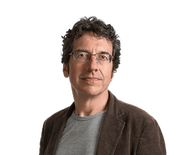
Monbiot has now spoken a painful truth – that scientists and environmentalists must shoulder a significant share of the blame. He points out that the language we use is cold and alienating – words like “reserve” (as he says, think of what we mean when we use that word about a person) or “sites of special scientific interest”. For the latter, he suggests “places of natural wonder” is a better reflection of what people really seek when they visit them.
Professional ecologists, he says, should recruit poets and amateur nature lovers to help them find the words for what they cherish. Having spent 35 years working as one of the thousands of amateur nature lovers who happen also to be professional ecologists and conservationists – and a few of whom are published poets – I find it striking how bilingual we are: one language for describing to each other our feelings and passions towards nature, another for our dispassionate analysis and advocacy to outsiders.
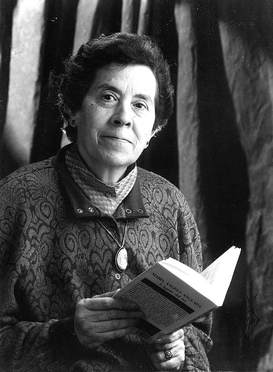
The first drainage ditches had already been dug, and bulldozers entered the marshes. The machines found their way blocked, though, by local activists, who stood firm. Then in 1983, the leaders of the newly-autonomous region realised the political and cultural importance of preserving this vital link in an international network of refuelling points for migratory birds. Anglada rewrote her poem, a sigh of relief: “They have not destroyed this living refuge that so many wings long for from afar. Here the bird of the north finds nourishing water and green retreats.” …. “return, return, Kentish plover and lapwing, colourful princess of winter.”
Anglada grew up speaking an illegal language. When the ice of repression receded, her words rebounded off the page, and the words she chose to use were those of nature. Olivier Messiaen was a composer whose works were inspired by the birds he, and sixty years later I, encountered on the coast near Banyuls. He wrote his first significant birdsong-inspired piece, Quartet for the End of Time, in Stalag VIII-A prisoner of war camp in Görlitz (now Zgorzelec, Poland). For both Anglada and Messiaen, wildlife symbolised freedom and identity and their works mined deep reserves of personal and cultural connectedness to nature.
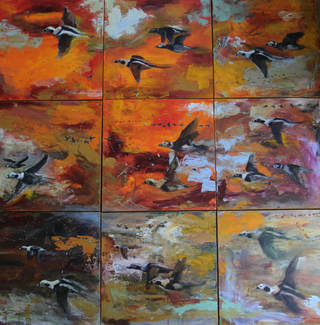 Long-tailed duck by Minna Pyykkö
Long-tailed duck by Minna Pyykkö “Birds play a big role in Kalevala”, Minna told me. “They are companions to people, they whisper advice, they tease, they lift and carry tired travellers, they attack and fight with people. They also feel cold in winter and are happy when spring comes.”
When the original poems were spoken, the Earth was believed to be flat. At the edges of Earth was Lintukoto, ‘the home of the birds’, a warm region in which birds lived during the winter. The Milky Way is Linnunrata, ‘the path of the birds’, the route the birds took on their journeys to Lintukoto and back. In modern Finnish, lintukoto means a safe haven, an imaginary happy, warm and peaceful paradise.
Lönnrot’s poetry inspired Sibelius to write the music that would in turn inspire the creation of independent Finland exactly a hundred years ago. The natural world depicted in words and music, whether real or mythic, was an inextricable part of an emerging national identity.
As George Monbiot says, ‘we are blessed with a wealth of nature and a wealth of language. Let us bring them together and use one to defend the other.’
**Very little of Anglada’s work has been translated from Catalan into English. I am grateful to the poet’s daughters Mariona and Rosa Geli Anglada who kindly gave me permission to quote and translate her work for my book, and who, along with their aunt, the poet’s sister Enriqueta Anglada d’Abadal, commented on and improved my efforts.
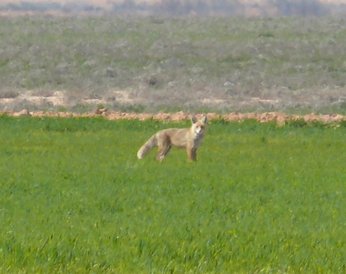
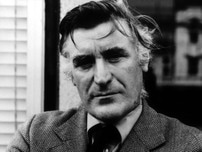
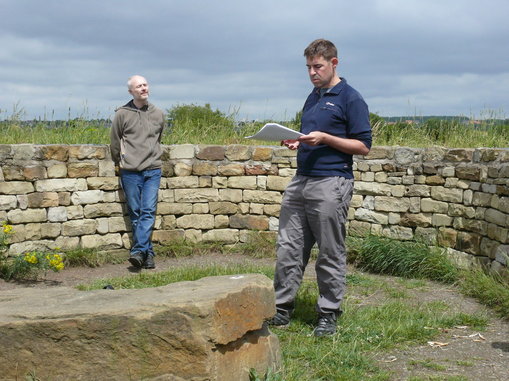
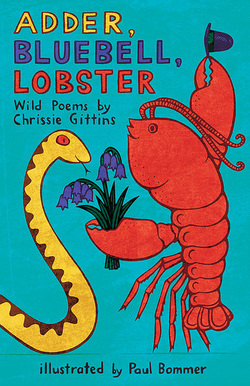
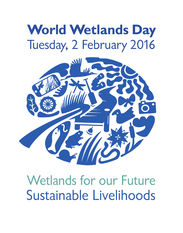
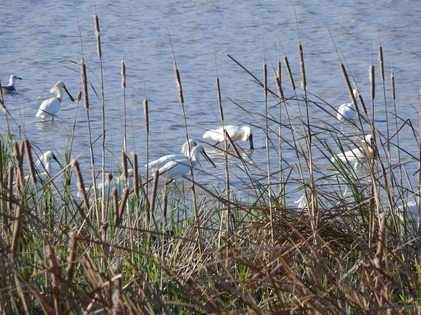
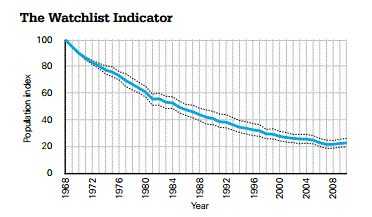
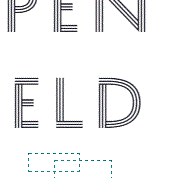
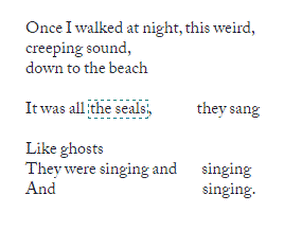
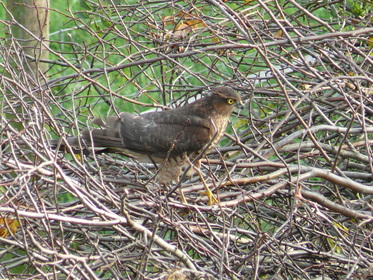
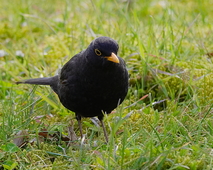
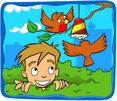
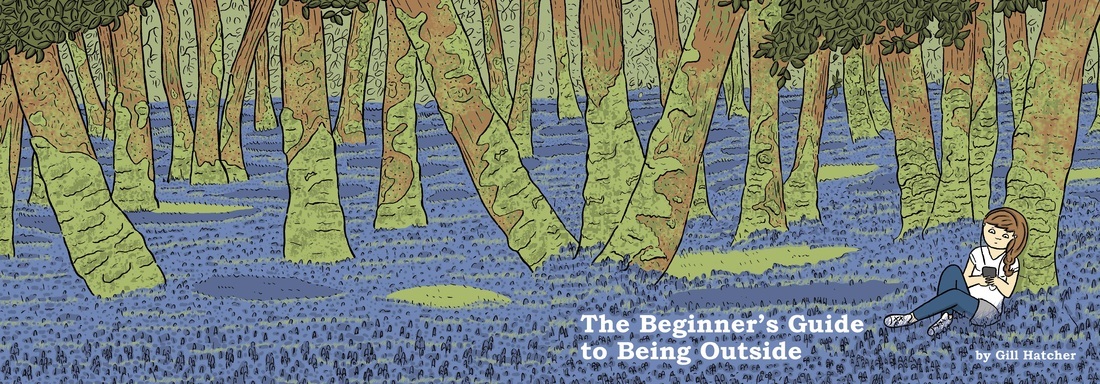
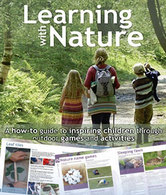
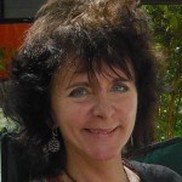
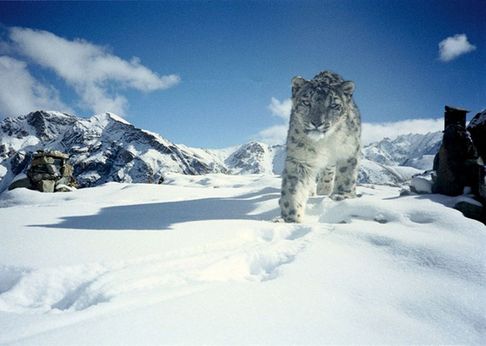
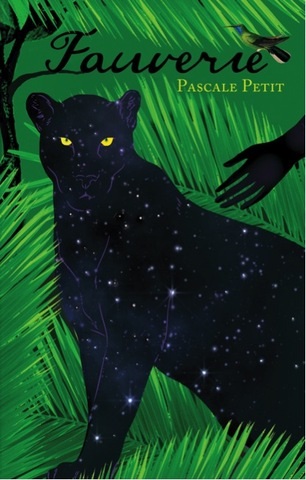
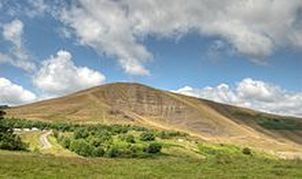
 RSS Feed
RSS Feed
